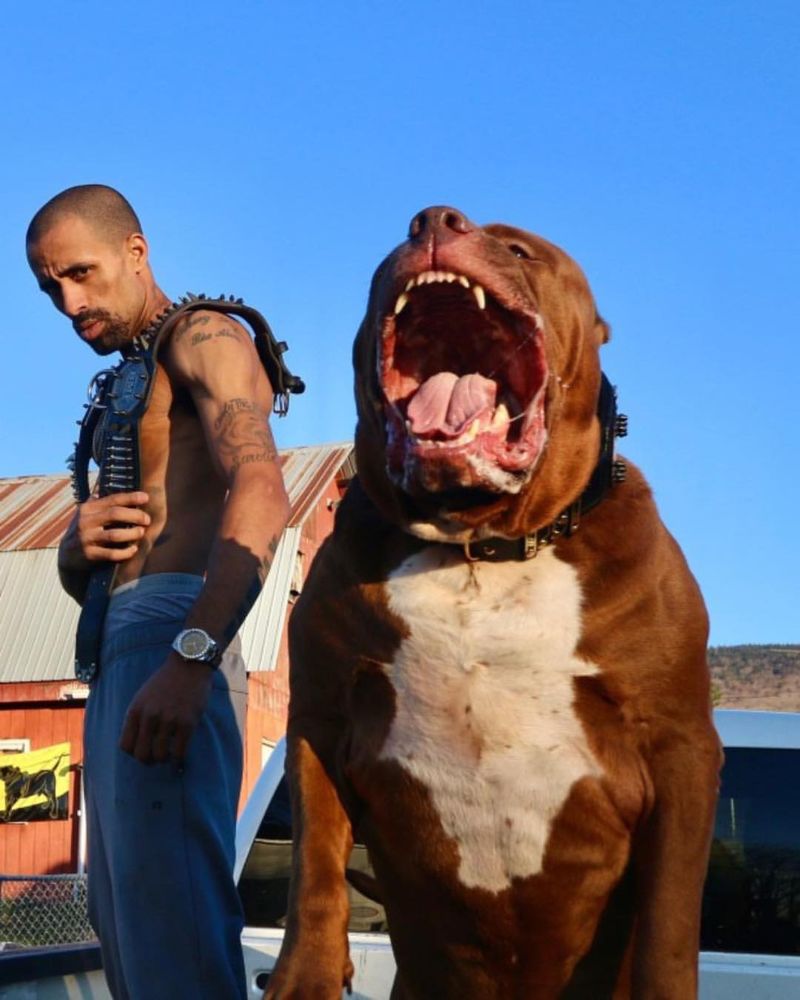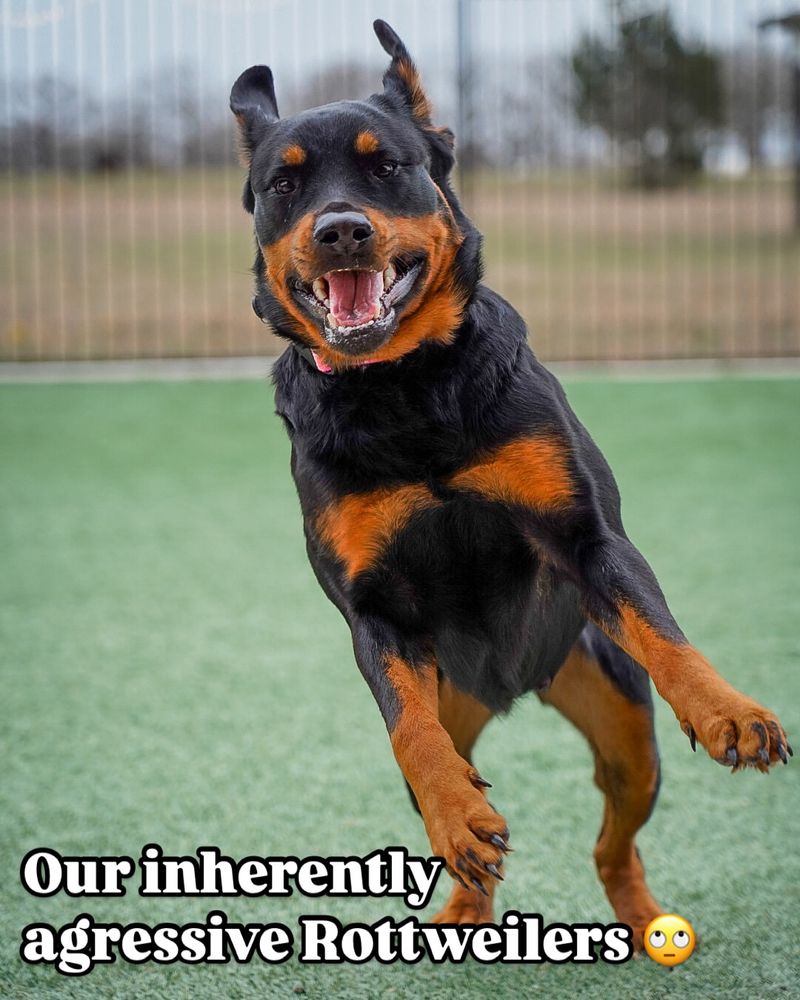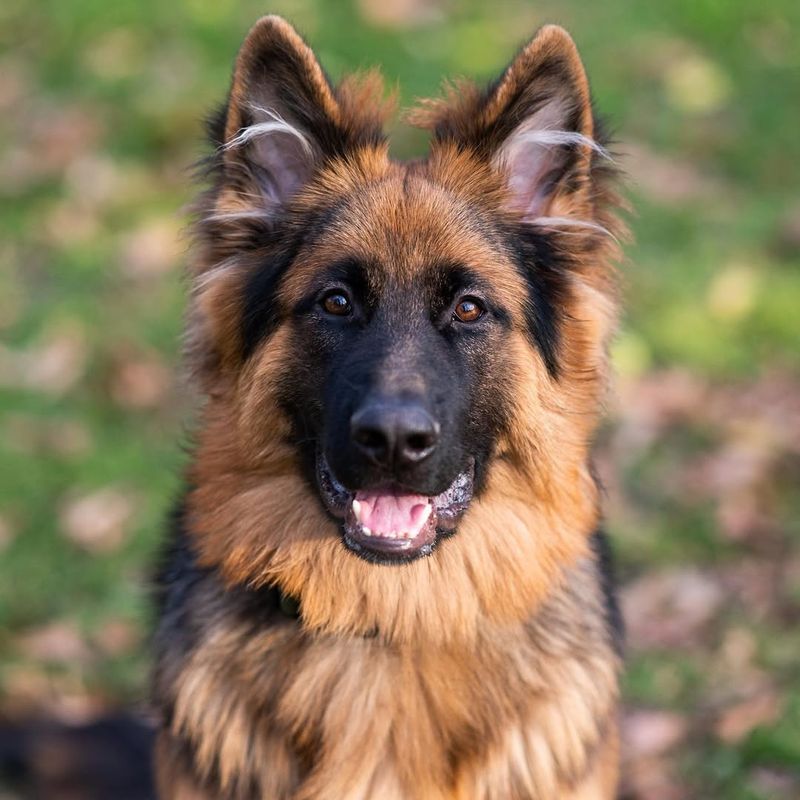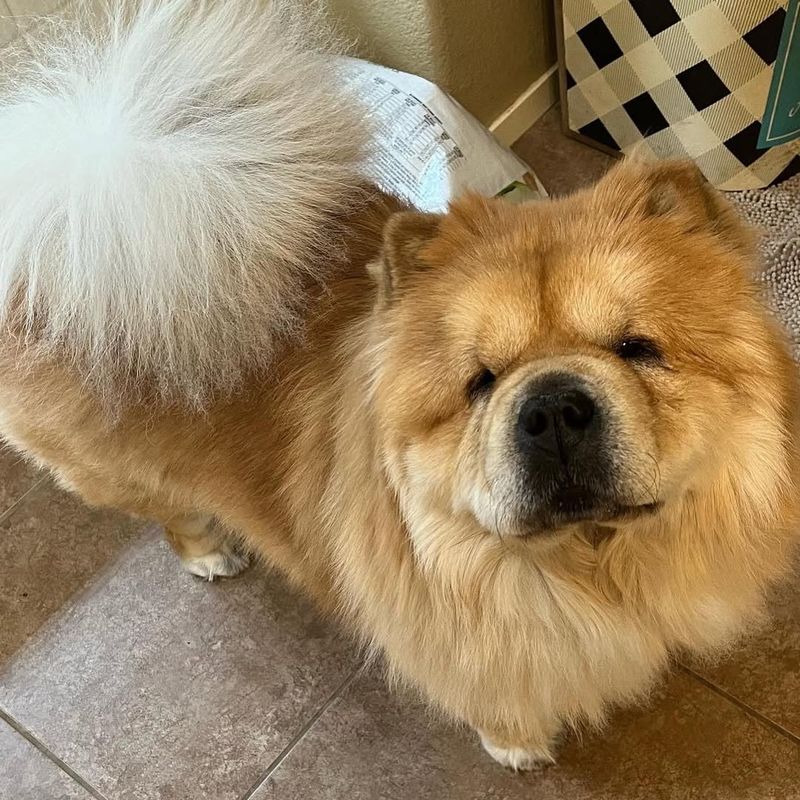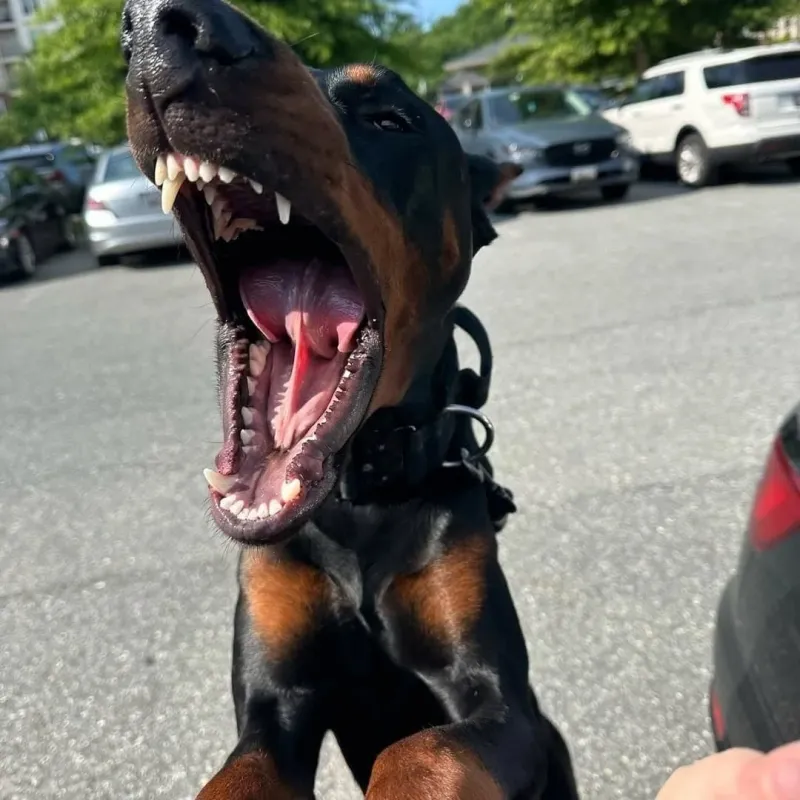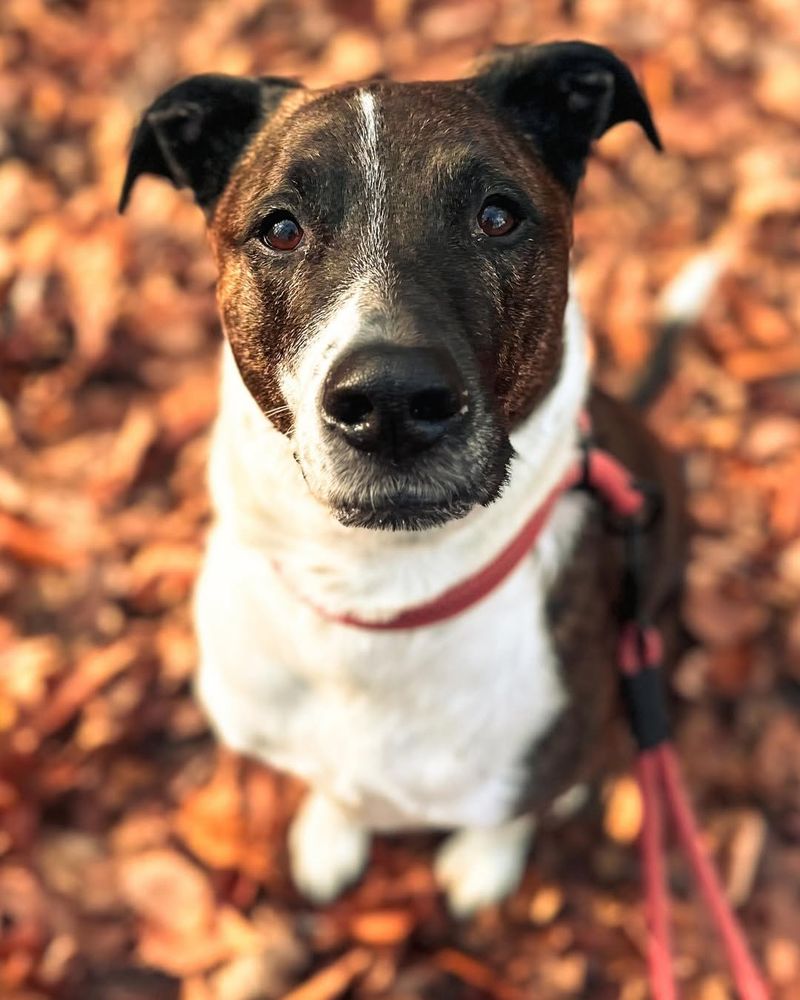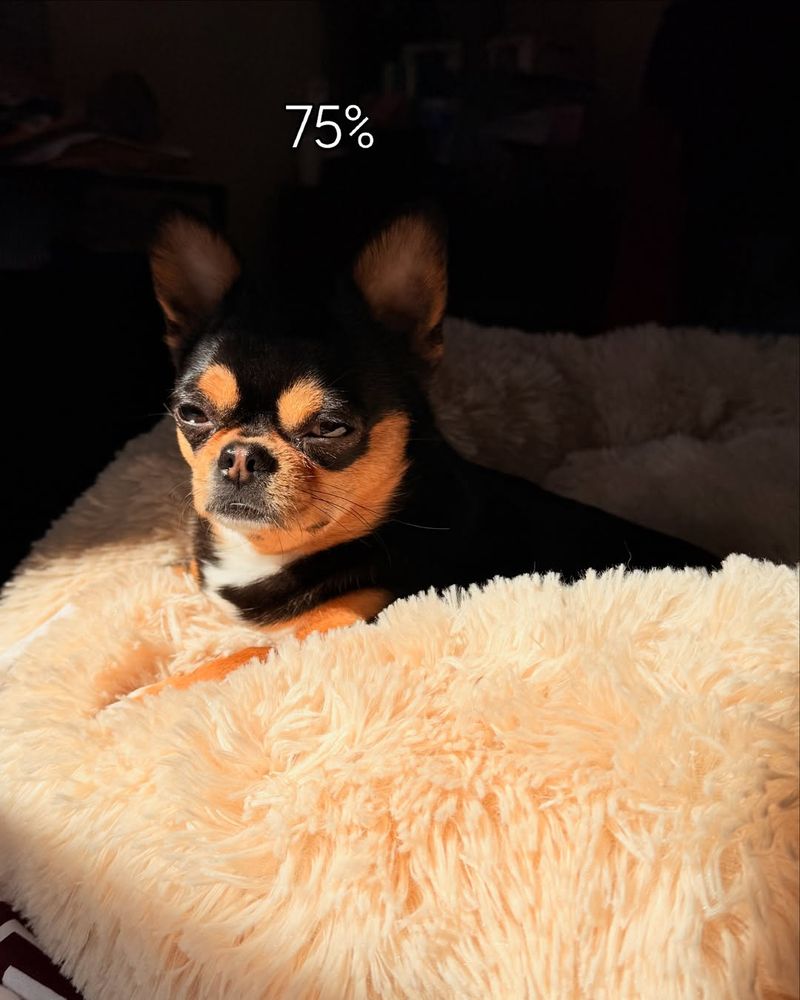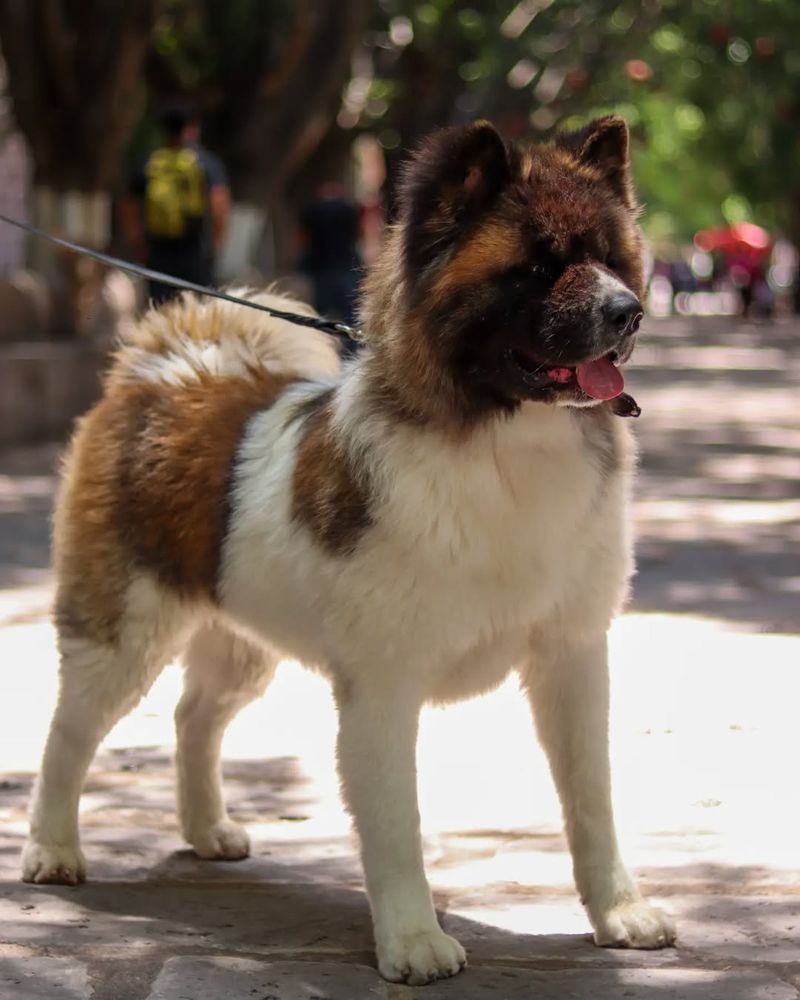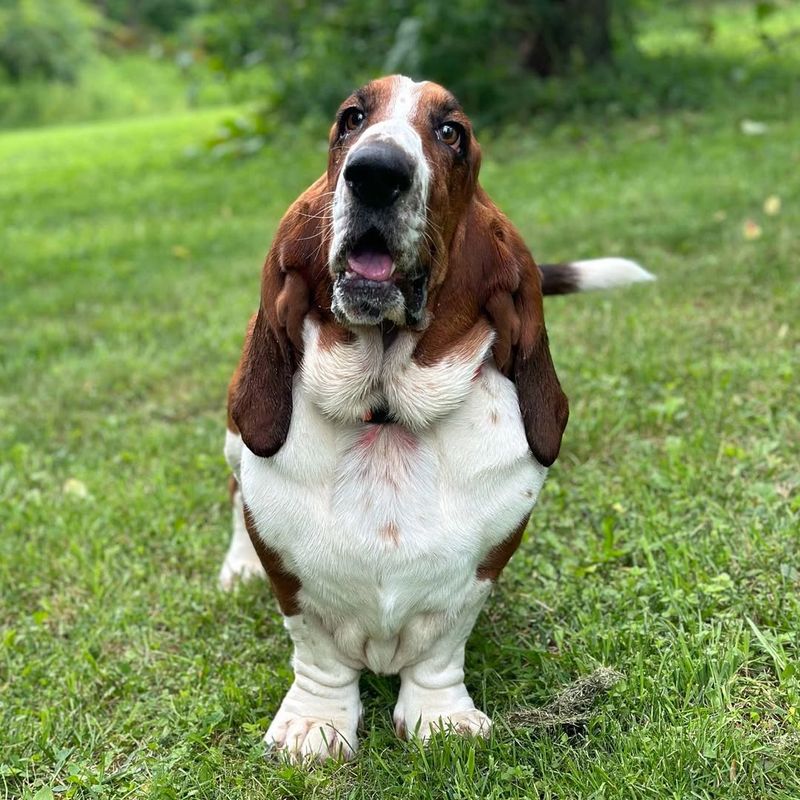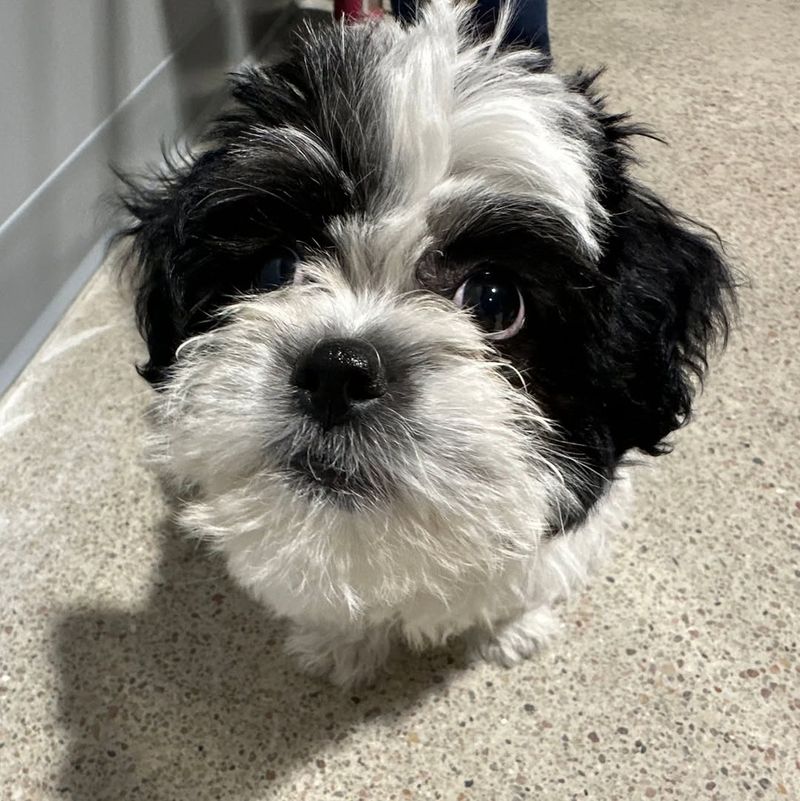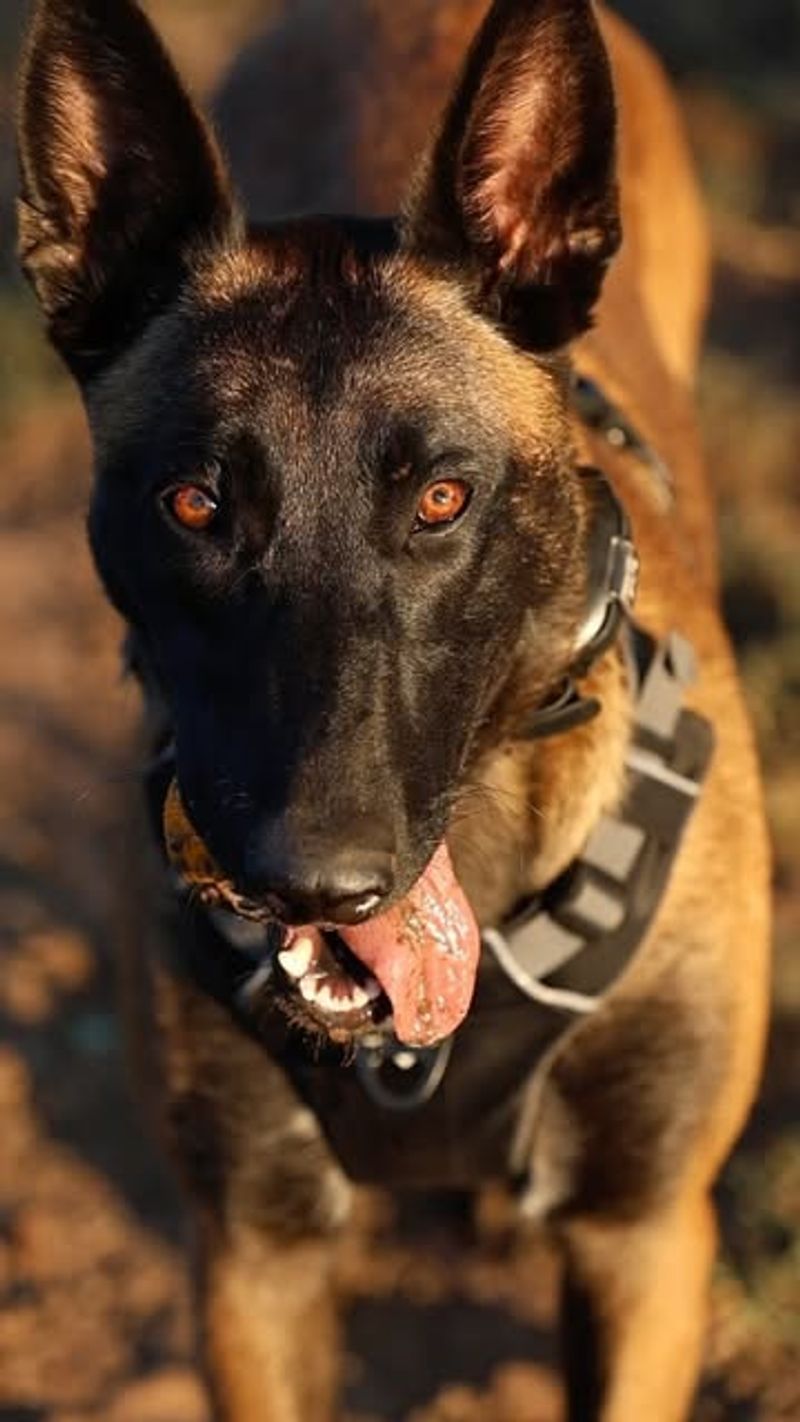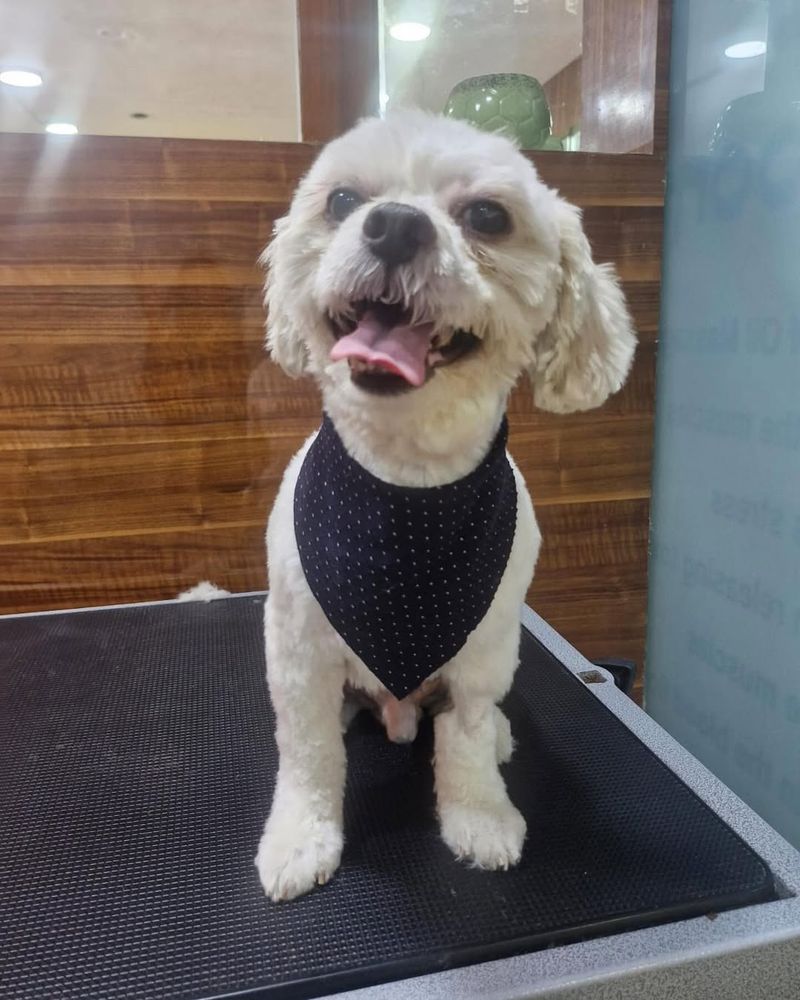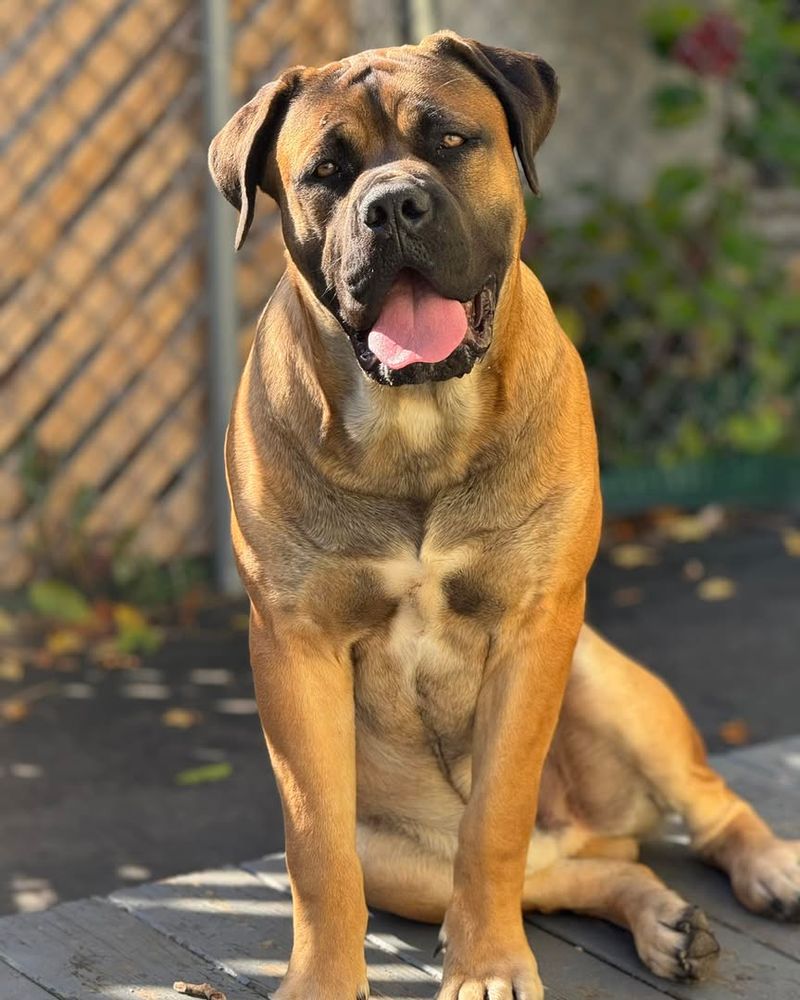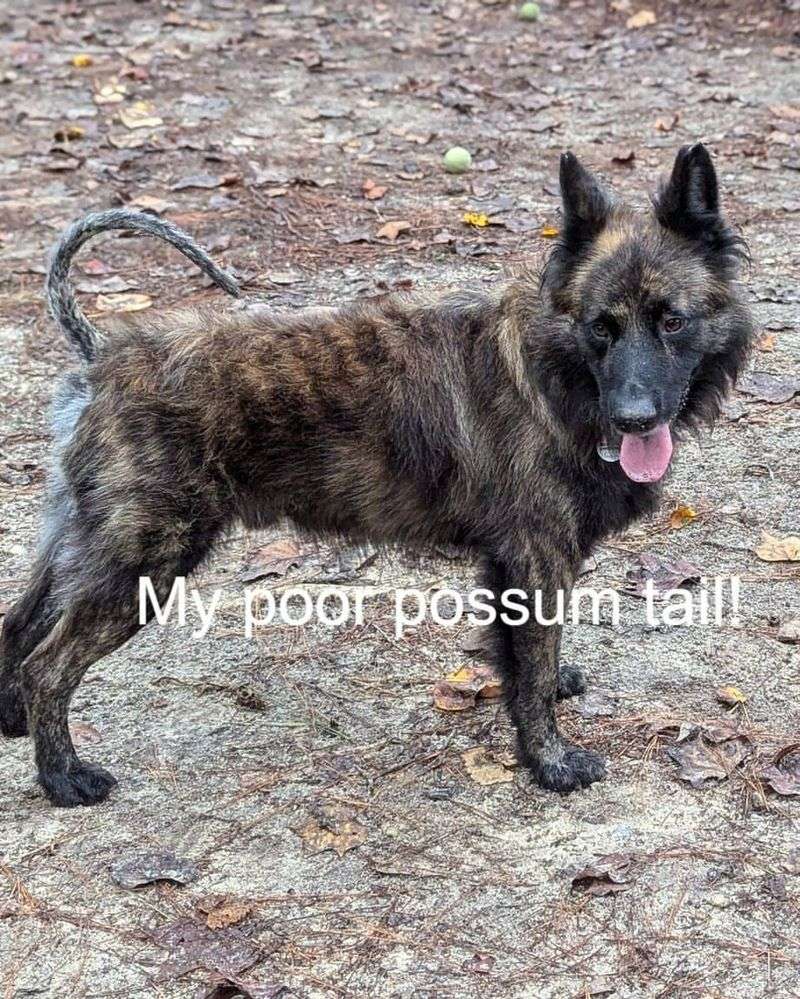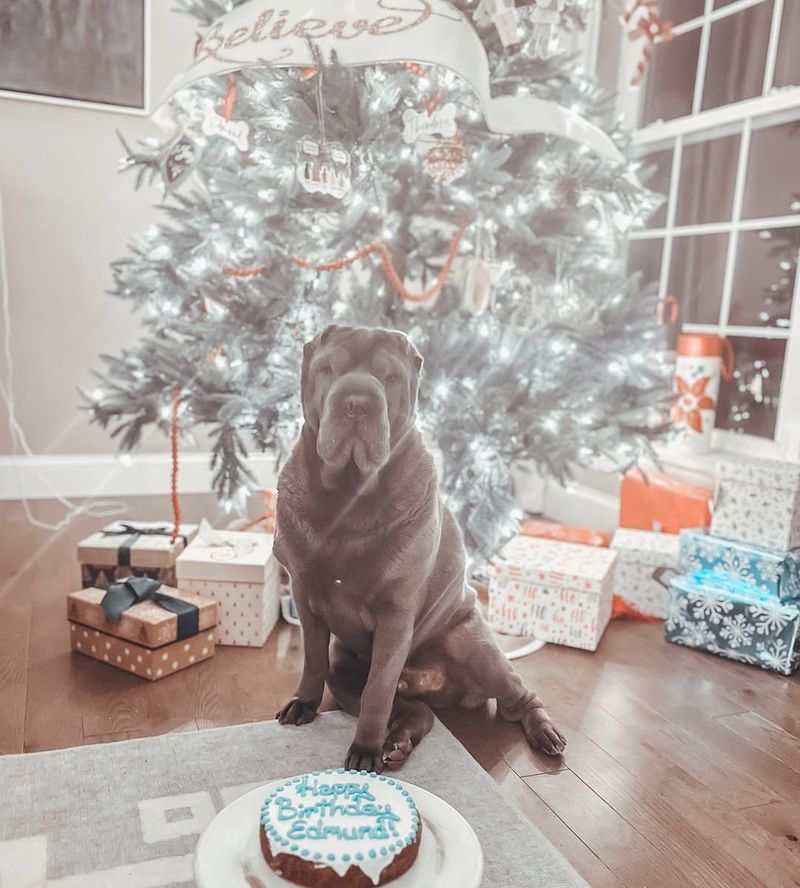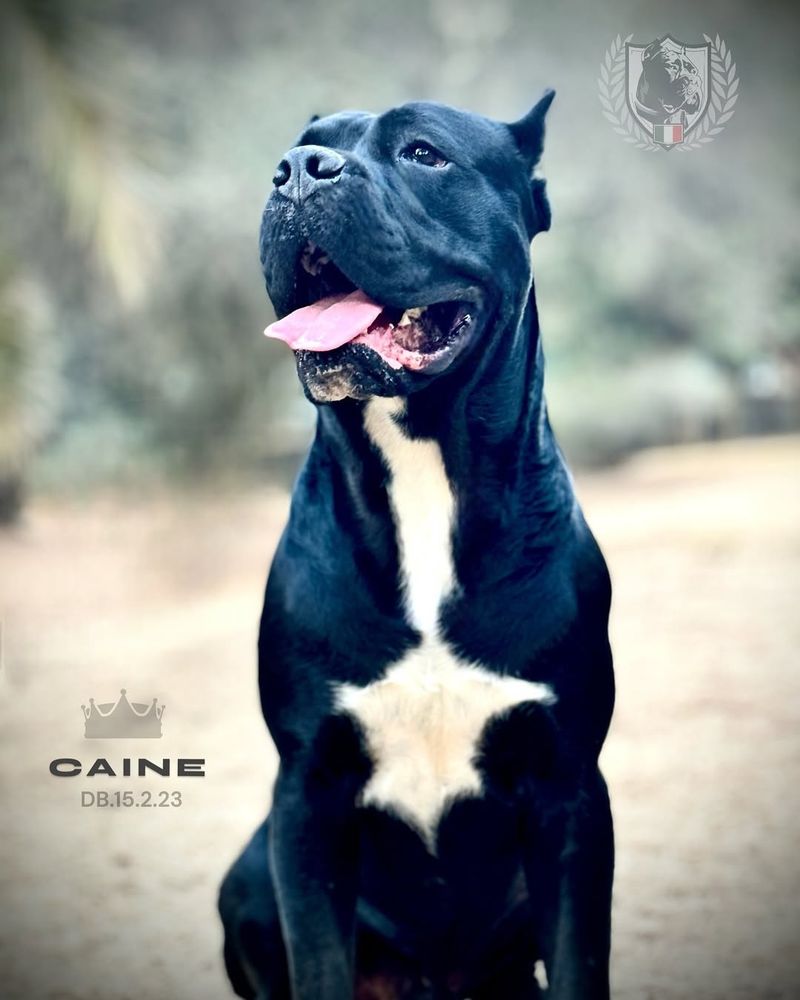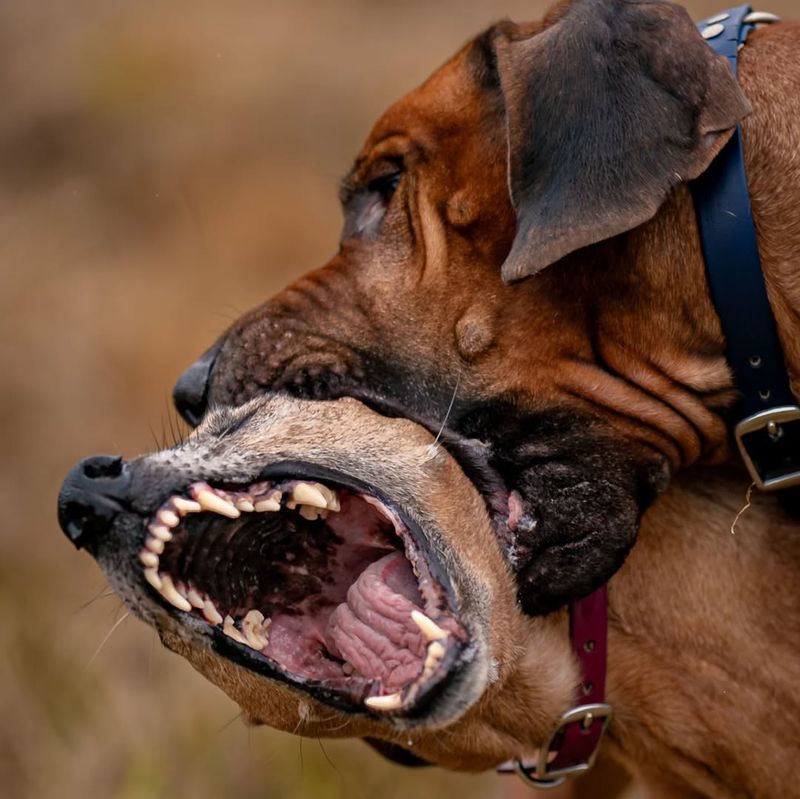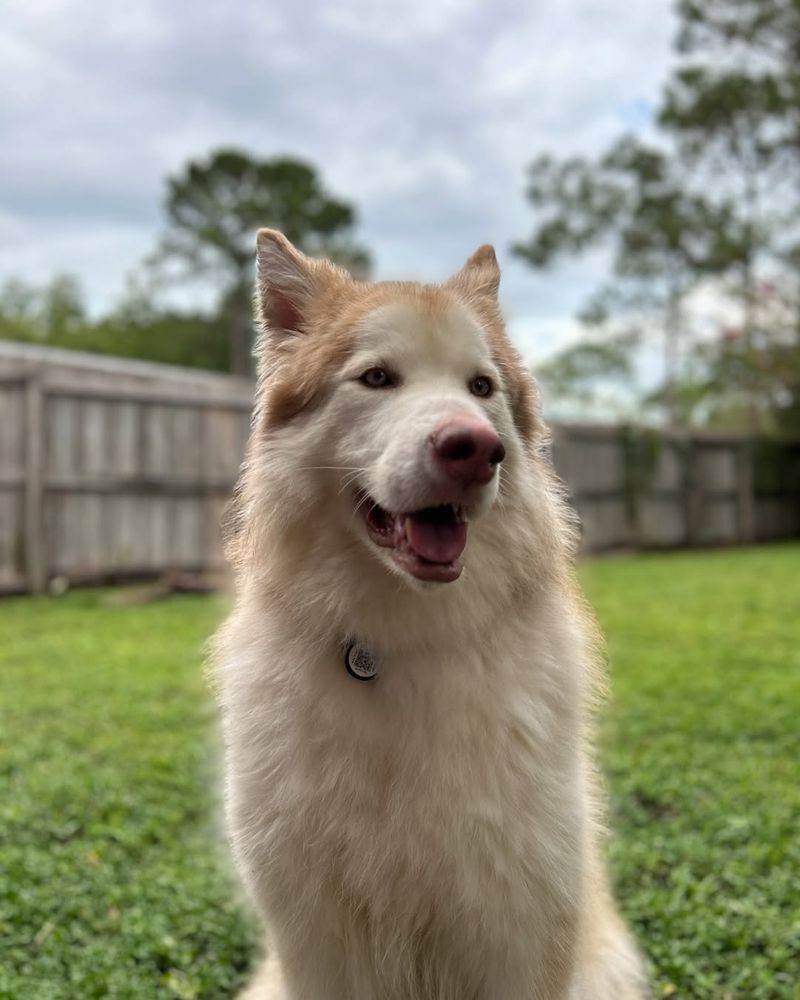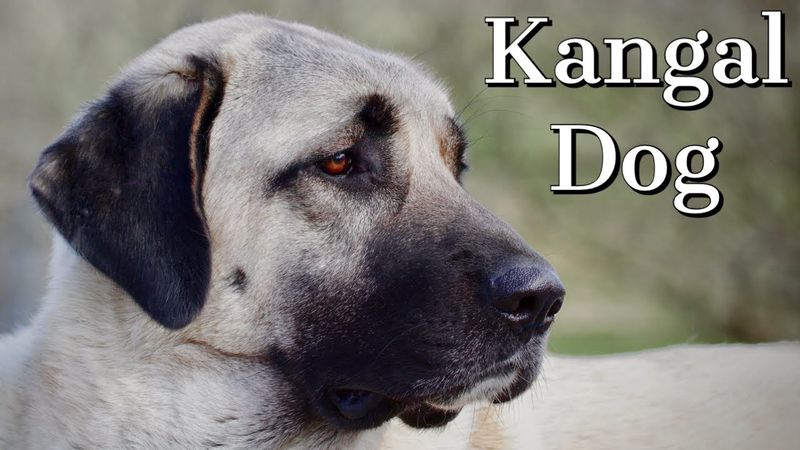Understanding the nature and tendencies of various dog breeds is crucial for potential dog owners. Some breeds are more prone to aggression due to their history, genetics, or environment. This doesn’t mean they aren’t lovable or capable of being excellent pets with the right training and socialization. However, being aware of these tendencies can help in making an informed decision when choosing a dog. Here, we explore ten popular dog breeds known for their aggressive tendencies, providing insights into why they might display such behavior and how to manage it.
Pit Bull
The Pit Bull, often misunderstood, has gained a reputation for aggression. Originally bred for bull-baiting, they possess high energy and strength.
Their aggression often stems from improper socialization and neglect. With consistent training, they can be loving companions. Owners should commit to positive reinforcement methods.
Pit Bulls thrive in environments where they’re given tasks, as their intelligence needs stimulation. Responsible ownership includes understanding their needs and giving them ample exercise.
They can coexist peacefully with families if properly socialized from a young age.
Rottweiler
Rottweilers are known for their protective instincts, making them excellent guard dogs. This trait can sometimes manifest as aggression, especially if they perceive a threat.
Proper training is crucial to channel their protective nature positively. Obedience classes from a young age can help manage aggressive tendencies.
They require an owner who can provide firm, yet kind direction. Socializing Rottweilers with other dogs and people early in life is essential.
They thrive in environments where they feel secure and loved, ensuring they become loyal companions.
German Shepherd
German Shepherds are highly intelligent and versatile dogs often used in police and military roles. Their loyalty and protective nature can sometimes lead to aggression.
Training them requires consistency and patience. Early socialization is vital to prevent overprotectiveness.
They need plenty of physical exercise and mental stimulation, which helps reduce unwanted behaviors.
When raised in a loving home, they are affectionate and loyal, making them excellent family pets. Owners must be committed to understanding their complex nature.
Chow Chow
Chow Chows are recognizable by their lion-like mane and independent nature. Their aloofness can sometimes be mistaken for aggression.
They require an experienced owner who understands their unique temperament. Early socialization is crucial in preventing aggression towards strangers and other animals.
Chow Chows often bond closely with one person, making them excellent companions for singles or small families.
Consistent, positive training methods can help manage their stubbornness, ensuring a loving relationship.
Doberman Pinscher
Doberman Pinschers are known for their intelligence and loyalty. They make excellent working dogs, but their protective nature can lead to aggression.
Proper training and socialization are essential from a young age. They need an owner who understands their need for both physical and mental exercise.
Dobermans can be very affectionate with their families but wary of strangers. Early exposure to different environments helps mitigate aggressive tendencies.
They thrive in homes where they are given responsibilities and are treated with respect.
Jack Russell Terrier
Though small in stature, Jack Russell Terriers have big personalities and can display aggressive tendencies.
Originally bred for hunting, their energy and drive can lead to behavioral issues if not properly managed.
Consistent training and ample exercise are crucial for these energetic dogs. They need mental stimulation to keep them engaged and happy.
Socialization with other dogs from a young age helps prevent aggression. Despite their size, they require a firm, loving owner.
Chihuahua
Chihuahuas are tiny dogs with bold personalities. Their small size often leads to overcompensation in the form of aggression.
They can be fiercely loyal to their owners, sometimes displaying aggression towards strangers or other pets.
Socialization and training are vital from a young age to mitigate these tendencies. Owners should encourage positive interactions with others.
Chihuahuas thrive in environments where they’re treated as part of the family, promoting their confident, loving nature.
Akita
Akitas are large, powerful dogs known for their loyalty and protective nature. Their independent and sometimes dominant personality can lead to aggression.
Proper training and early socialization are essential to manage these tendencies. They require an experienced owner who can provide firm guidance.
Akitas are deeply loyal and often bond closely with their family, making them excellent companions if raised with understanding and respect.
They thrive in environments where they have a clear pack leader and are given ample exercise.
Dachshund
Dachshunds, with their playful nature and unique appearance, can sometimes exhibit aggressive behavior, especially if not properly trained.
Originally bred for hunting, their instincts can lead to stubbornness and aggression if unchecked.
Early training and socialization are key to managing these tendencies. They thrive with consistent rules and boundaries.
Dachshunds love to dig and explore, requiring an owner who understands their adventurous spirit and provides plenty of activities.
Dalmatian
Dalmatians are energetic, intelligent dogs known for their unique spotted coats. Their energy levels can sometimes lead to aggression if not properly channeled.
Regular exercise and mental stimulation are crucial to keep them happy and well-behaved.
Early socialization with people and other animals helps prevent undesirable behaviors.
Dalmatians thrive in active households where they are given plenty of attention and opportunities to burn off energy. Responsible ownership includes understanding their needs and providing a suitable environment.
Borzoi
The Borzoi is often seen as a calm and elegant breed, famous for its long, flowing coat. However, these dogs can exhibit aggressive behavior if not properly socialized. Their independence may lead to occasional stubbornness, especially around strangers. Nevertheless, with the right training and patience, Borzois can be gentle companions. Their hunting instinct is strong, making them prone to chase smaller animals. Owners should be mindful of this and ensure they are kept on a safe leash outdoors. Despite these tendencies, Borzois are loyal and loving, rewarding their owners with grace and affection.
Basset Hound
Basset Hounds are well-known for their droopy ears and short legs, often perceived as relaxed and friendly. Yet, they can display aggressive tendencies if not properly trained. Their strong-willed nature can lead to stubbornness and territorial behavior. When introduced to new pets or people, they may react protectively. This trait can be managed with early socialization and training, ensuring they grow into well-adjusted adults. Despite this, Basset Hounds are typically affectionate and loyal, making effective communication key in cultivating a peaceful coexistence with this unique breed.
Shih Tzu
Shih Tzus, with their distinctive fluffy coats and playful nature, can also show signs of aggression. Often small but mighty, these dogs may become snappy if not given clear boundaries. Their charming appearance may mask a stubborn disposition that requires consistent training. Their territorial instincts can emerge, especially in unfamiliar situations. Proper socialization from a young age can help mitigate these behaviors, allowing them to thrive in various environments. Despite these tendencies, Shih Tzus are known for their affectionate nature, providing companionship and warmth to many households.
Belgian Malinois
Belgian Malinois are renowned for their intelligence and work ethic, often used in police and military roles. However, their intense drive can sometimes result in aggressive behavior, especially if not provided with sufficient mental and physical stimulation. Their protective instincts may lead to over-guarding tendencies, requiring experienced handling. Training and socialization are crucial components in managing their behavior, turning potential aggression into controlled energy. Despite this, Belgian Malinois are loyal and dedicated companions, thriving in active households where their capabilities are understood and appreciated.
Lhasa Apso
Lhasa Apsos, with their long, flowing coats and confident demeanor, may appear regal. However, they can develop aggressive behaviors if not properly socialized. Known for their independence, they might challenge authority, leading to stubbornness. Their protective nature is pronounced, especially towards their territory and family. Early training and socialization are essential to curb these tendencies and encourage harmonious living. Despite their challenges, Lhasa Apsos are loving and devoted companions, rewarding their families with loyalty and affection when raised with understanding and care.
Bullmastiff
Bullmastiffs are large, powerful dogs known for their protective nature. While typically loyal and calm, they can exhibit aggressive behaviors if not appropriately trained. Their guarding instincts may lead to territorial aggression, especially without proper socialization. Training from an early age is essential to ensure that they understand and respect boundaries. With consistency and patience, Bullmastiffs can become gentle giants, loyal to their families. Despite their size and strength, they are often affectionate and devoted, forming strong bonds with those who provide them with love and guidance.
Keeshond
Keeshonds, with their distinctive lion-like mane, are generally friendly but can show aggression under certain conditions. Their protective instincts can emerge when they feel their family is threatened. This behavior requires careful training to manage. Socialization is vital to ensure they remain well-adjusted and comfortable in various situations. Despite these tendencies, Keeshonds are known for their playful and affectionate nature, making them delightful companions. Proper training and understanding can transform potential aggression into a well-balanced and loving temperament.
Weimaraner
Weimaraners are sleek and energetic dogs known for their intelligence and athleticism. These traits can sometimes translate into aggressive behavior if not channeled correctly. They require plenty of exercise and mental stimulation to prevent boredom-induced aggression. Their loyalty can lead to protective behaviors, making early socialization crucial. With proper training and understanding, Weimaraners can be excellent family dogs, eager to please and participate in activities. Their potential for aggression can be managed effectively, ensuring a harmonious relationship with their owners and other pets.
Shar Pei
Shar Peis, with their unique wrinkled appearance and distant demeanor, are known for their independent nature. While they may seem aloof, they can show aggression if not socialized early. Their protective instincts are strong, especially regarding family and territory. To mitigate these tendencies, consistent training and socialization are necessary. Shar Peis can become loyal and loving companions when provided with clear boundaries and understanding. Despite their challenges, their distinctive appearance and affectionate nature make them beloved pets for those willing to invest time and care.
Cane Corso
Cane Corsos are robust and powerful dogs known for their loyalty and protective instincts. Aggression can surface if they feel their family is threatened or if not properly trained. Early socialization is key to managing these instincts. Training should focus on establishing authority and setting boundaries, transforming their natural guarding tendencies into protective loyalty. When raised in a loving environment, Cane Corsos are affectionate and devoted, forming strong bonds with their families. Their potential for aggression can be harnessed positively, showcasing their true nature as gentle protectors.
Rhodesian Ridgeback
Rhodesian Ridgebacks, known for their distinctive ridge of hair along their back, are dignified and intelligent dogs. Aggressive tendencies may emerge if they lack sufficient mental and physical stimulation. Their independent nature requires firm but gentle guidance. Socialization and training from an early age are vital to ensure they become well-adjusted companions. With the right environment, Ridgebacks are loyal and affectionate, capable of forming strong bonds with those who understand their needs. Despite their challenges, they are cherished for their courage and loyalty, rewarding owners with steadfast companionship.
Alaskan Malamute
Alaskan Malamutes, with their thick coats and strong build, are known for their endurance and strength. Aggression can surface if they are bored or not adequately exercised. Their pack instincts may lead to dominance behavior without proper training. Socialization is essential to ensure they understand their place within the family hierarchy. Despite these tendencies, Malamutes are affectionate and social animals, thriving in active households where they can participate in various activities. Their loyalty and playful nature make them beloved companions for those who appreciate their spirited character.
Kangal Shepherd Dog
Kangal Shepherd Dogs are renowned for their protective instincts and strength, often used as guardians. Aggression may manifest if they sense a threat to their family or territory. Proper training and socialization are essential to managing these behaviors. Their natural guarding tendencies can be transformed into positive traits with the right guidance, ensuring they remain calm and composed. When raised in a loving environment, Kangals are loyal and devoted, forming deep bonds with their families. Their reputation as gentle giants is well-earned, rewarding owners with unwavering protection and companionship.

